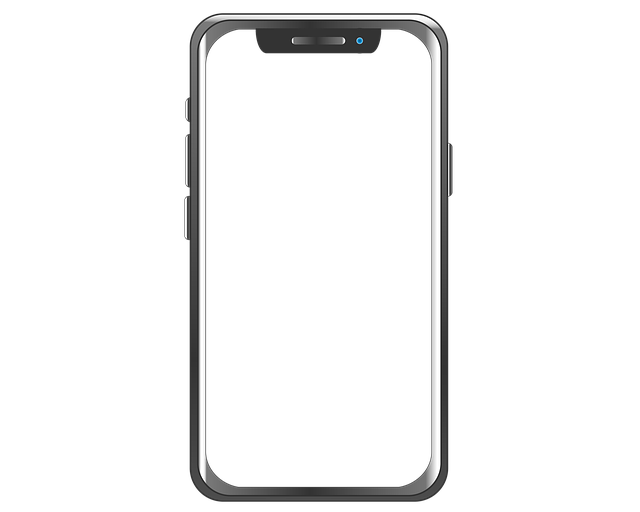In South Carolina, state laws protect consumers from unfair debt collection practices, including a Do Not Call law for privacy and transparency in communication. Understanding attorney fees is crucial; many attorneys operate on a contingency fee basis. When facing debt issues, seek local legal help to protect rights, avoid excessive fees, and navigate complex laws effectively. Refrain from calling law firms directly; instead, familiarize yourself with consumer rights, maintain records, and consult reputable resources for proactive protection without immediate legal action.
“In South Carolina, understanding debt collection laws is crucial for individuals navigating financial challenges. This article serves as a comprehensive guide for those dealing with debt collectors, aiming to demystify the legal process. We explore the attorney fees associated with debt collection cases in SC, offering insights into your rights and options. Learn when and how to seek legal counsel without directly calling law firms, ensuring you protect your rights effectively. By familiarizing yourself with these aspects, you can make informed decisions.”
Understanding South Carolina Debt Collection Laws
In South Carolina, debt collection practices are governed by state laws that protect consumers from unfair or abusive tactics. Understanding these regulations is crucial for both debtors and creditors to ensure compliance. One key aspect is the Do Not Call law, which restricts direct contact with consumers through certain communication methods, including phone calls to personal residences. Debtors have rights under this legislation, ensuring their privacy and peace of mind.
Additionally, South Carolina has rules regarding collection fees and interest rates. Creditors must disclose all fees associated with debt collection, and these charges cannot exceed specific limits set by law. Transparency in fee structures is essential, providing debtors clarity on potential costs. The state’s regulations aim to balance the rights of consumers with the legitimate needs of creditors, fostering a fairer debt recovery process for all parties involved.
Attorney Fees in South Carolina Debt Collection Cases
In South Carolina debt collection cases, attorney fees are a significant consideration for both debtors and creditors. When a creditor hires an attorney to collect a debt, the client agrees to pay a percentage of the recovered debt as a fee. These fees can vary widely depending on the complexity of the case, the amount of money involved, and the legal strategies employed. It’s important for individuals facing debt collection actions in South Carolina not to call law firms directly but rather to understand their rights and options first.
While attorneys may charge different rates, many follow a contingency fee arrangement, meaning they only get paid if the debt is collected. This can incentivize efficient case management, as the attorney’s compensation directly depends on the outcome. However, debtors should be wary of hidden costs or excessive fees that could disproportionately impact their financial situation. Being informed and proactive about legal representation is key in navigating South Carolina debt collection practices.
When and How to Hire a South Carolina Debt Collection Attorney
If you’re facing debt collection issues in South Carolina, considering legal help is a strategic move. Hiring an attorney specialized in debt collection laws can protect your rights and guide you through the process. The key is to act promptly; the longer you wait, the more complex the situation may become with added interest and fees.
When searching for legal assistance, remember that traditional methods like calling law firms directly are not necessary. Instead, look for a South Carolina-based attorney specializing in debt collection. Online directories and referrals from trusted sources can help identify qualified professionals. Ensure they have experience handling cases similar to yours and understand the local laws, allowing them to navigate the intricacies of debt collection practices effectively on your behalf.
Protecting Your Rights: What Not to Do When Dealing with Debt Collectors in South Carolina
When dealing with debt collectors in South Carolina, protecting your rights is paramount. One crucial thing to remember is do not call law firms directly. Debt collectors often threaten legal action or claim they represent legal counsel, but these are usually empty threats. Engaging or providing any personal information to such callers can be detrimental and may lead to false accusations.
Instead of calling law firms, educate yourself about your rights as a consumer in South Carolina. Know that you have the right to request validation of the debt, dispute inaccurate claims, and receive fair treatment during the collection process. Keeping thorough records of all interactions with collectors and seeking advice from reputable legal resources or non-profit agencies can help ensure your rights are protected without resorting to unnecessary legal action.






